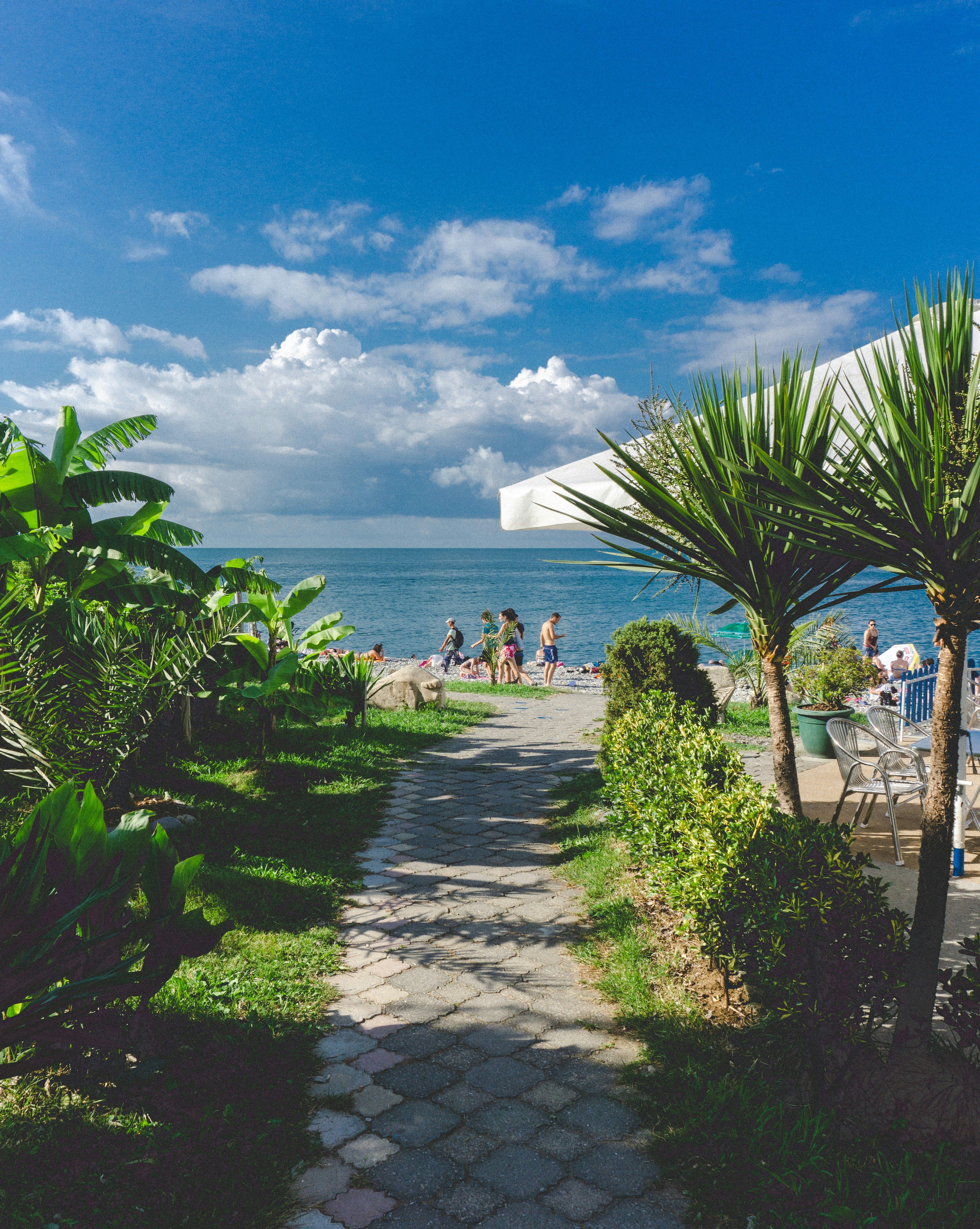Virtual Reality Revolutionsizing the Journey Experience in Tourism Sector
The travel sector has been at the forefront of digital innovation for years, and the adaptation to new technologies is apparent. Amidst this, communication and contact methods remain a focus for further development. One such innovation is virtual reality (VR) in tourism, a technology that has generated interest due to its potential to improve service, enhance customer loyalty, and boost businesses' bottom lines.
According to a report by the World Economic Forum on Digital Transformation, the tourism and aviation industries could be worth around $305 billion by the end of 2025, with a significant shift in funds from traditional travel businesses to digital competitors. This shifting landscape underscores the importance of digital technology in tourism and the need for companies in the sector to adopt innovative solutions, such as VR.
Virtual reality in tourism: what can it do?
Travel is often an exciting endeavor, fueling wanderlust and the desire to uncover new destinations. Preparation is critical, involving choosing suitable destinations, arranging accommodation, and planning itineraries. VR technology has the potential to assist in these aspects, thus streamlining the travel planning process.
Virtual hotel tours
Before booking a hotel room, customers typically view available photos on a company's website. However, these images can sometimes fail to meet expectations due to discrepancies between real-life conditions and the images displayed online. VR tours, on the other hand, offer a more authentic experience as they provide customers with a firsthand perspective of the hotel and its offerings. This, in turn, facilitates informed decisions and attracts potential customers to high-quality accommodations.
Virtual guided tours
Curious travelers often seek detailed information about destinations to discover attractions they want to visit and plan their itineraries efficiently. Historically, this has been accomplished via guidebooks and Internet research. VR technology has, however, unlocked new possibilities, enabling virtual guided tours that allow customers to explore destinations without leaving their homes. Amsterdam, for instance, has implemented VR tours of its most renowned sites. A positive virtual experience may inspire customers to convert their virtual exploration into a real-life vacation.
360° VR videos in tourism
360° VR videos have gained popularity in the travel industry. Although pictures and catalogs can be appealing, nothing quite matches the impact of well-edited VR videos. These videos deliver a realistic representation of destinations, transporting viewers to a specific location. Tourism industry representatives can use VR technology to showcase destinations, providing customers with an immersive glimpse of the experiences on offer.
The future of virtual reality in tourism
The adoption of VR technology in tourism is gaining traction and is set to grow further. It promises to make travel more accessible, informative, and engaging for travel enthusiasts, generating tangible benefits for travel agencies. That being said, businesses looking to harness VR technology can expect increased customer satisfaction, loyalty, and ultimately, sales.
Explore the article below to learn more about the transformative power of VR in cinema: How VR Is Set To Transform Cinema
For more information on how VR technology can enhance your tourism business, get in touch today.
About the Author: Rafal brings over twenty years of corporate experience, including roles at Millennium Bank, Comarch, and leading software teams at PZU, one of Europe's largest insurance companies. As one of Poland's few VR experts with a decade of experience, Rafal ensures timely, high-quality project delivery as CEO and CTO.
Virtual reality (VR) technology can potentially streamline the travel planning process by allowing virtual hotel tours, offering customers a firsthand perspective of accommodations before booking, and facilitating informed decisions. Additionally, VR can provide virtual guided tours, allowing travelers to explore destinations without leaving their homes, which may inspire them to plan real-life vacations. Furthermore, 360° VR videos deliver a realistic representation of destinations, transporting viewers and showcasing the experiences on offer, thereby enhancing the tourism industry.
The future of VR technology in tourism looks promising, with continuing growth in its adoption. It presents an opportunity to make travel more accessible, informative, and engaging for travel enthusiasts, while generating tangible benefits for travel agencies, including increased customer satisfaction, loyalty, and sales.




